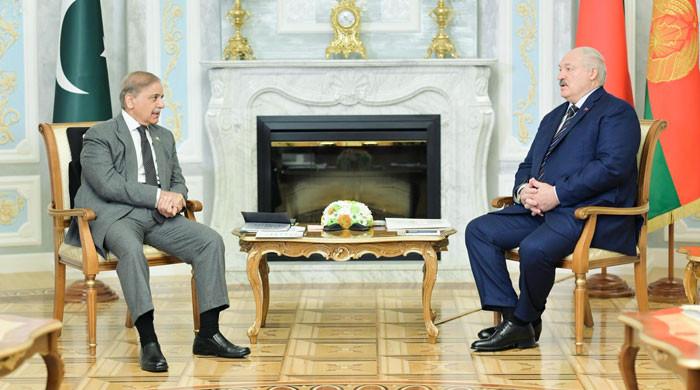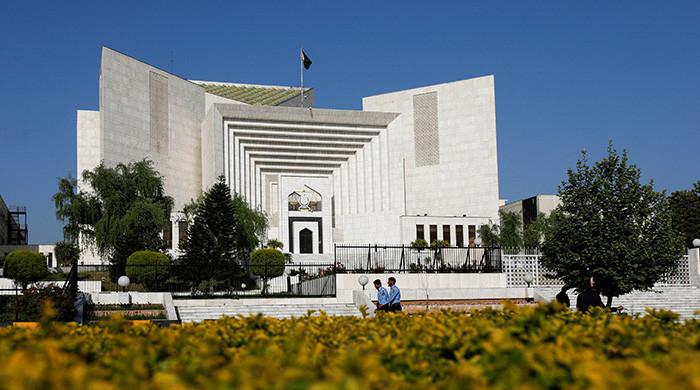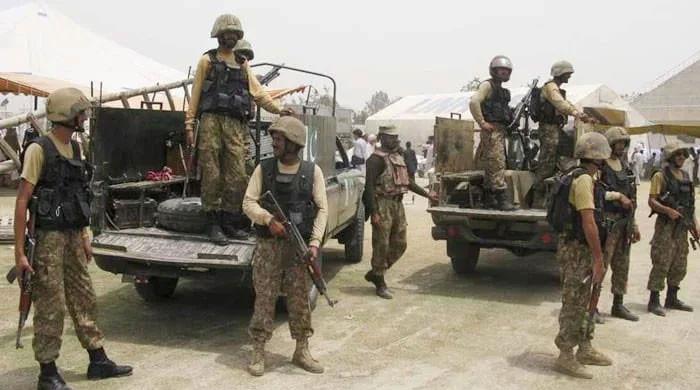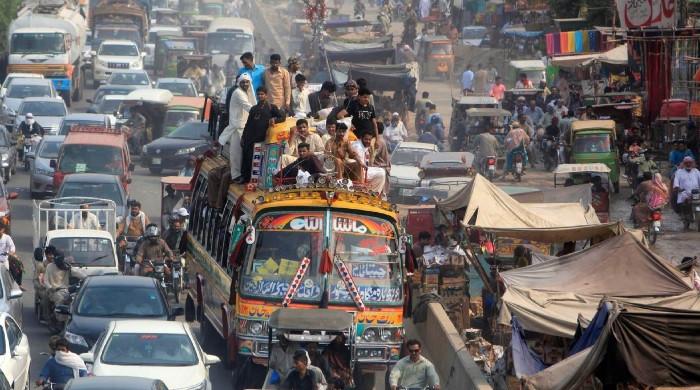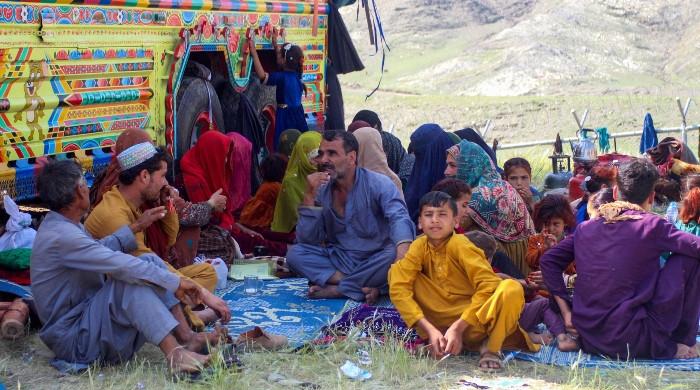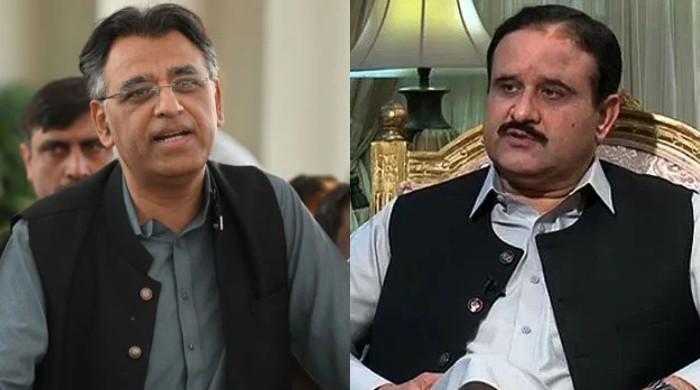Tackling jihadis—intricate but essential
Top civil and military leadership, in a huddle days ago, discussed how to deal with remnants of the jihadi infrastructure
October 10, 2016
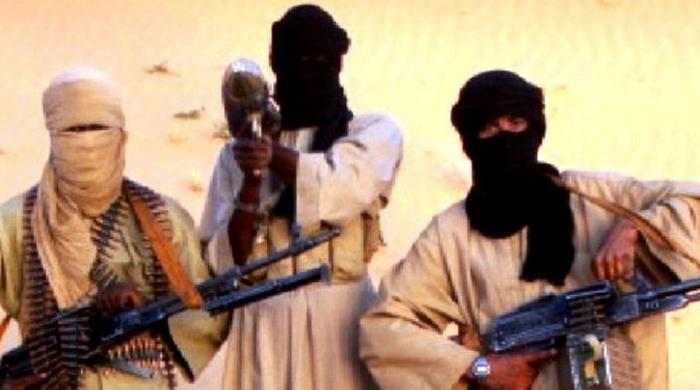
ISLAMABAD: Pakistan's leadership has joined hands to do what it needs to do to clear up lingering doubts in the world about its role despite its internationally appreciated robust counter-terrorism campaign and the gains it has made.
The apparent underlying cause of this skepticism is the continued presence on the country's soil of certain Jihadi groups.
Questions are raised as to why these outfits are not effectively reined in, as reportedly pointed out also by some of the prime minister's special envoys who toured world capitals to counter India's propaganda and expose its Kashmir brutalities.
After all, former army chief and president general Pervez Musharraf is on record as having confessed on many occasions to backing mujahideen.
Top civil and military leadership, in a huddle days ago, thoroughly discussed how to deal with remnants of the jihadi infrastructure that the state had spawned for decades.
"The awakening has come and it is a welcome development; what was considered inconceivable has happened- face to face discussing of a subject which was hitherto not discussable," remarked a senior official, who did not want to be identified.
During the brainstorming session the participants agreed that the country must do the needful to undo perceptional setbacks it has suffered due to jihadi infrastructure.
There was consensus that law enforcement needs to do more to demonstrate practically and unambiguously its declared resolve to go after militants without any distinction of "good and bad" and stay the course.
An elaborate exchange of views took place at the meeting regarding a holistic strategy and action plan, said the official.
It has been reported that National Security Advisor, Lt General (retired) Nasir Janjua and Director General Inter -Services Intelligence Lt General Rizwan Akhtar will travel to provincial capital and debate in Apex committees how to implement the emerging consensus in the policy.
Luckily, this time during the top civil-military meeting on what is considered a thorny issue there was no bickering, said a source privy to the parleys.
"No finger pointing, no blame game but a somber realization that the issue needs to be dealt with permeated the meeting," the official said.
A key civilian participant proposed that such groups should be encouraged an afforded opportunity to become part of mainstream politics.
Thus they could use the political platform for projecting their positions vis a vis Indian belligerence and repression in Kashmir.
It was noted that RSS in India cuts Muslim throats, burn homes, digs up cricket pitches, threatens Pakistani artistes and sports ---- all this in the name of Hindu religion and hatred for Pakistan.
Yet RSS, masquerading as a political party, has not been designated a terrorist outfit by the international community, apparently due to its political smokescreen.
Indian theatrics of staging surgical strike is contentious- there is not an iota of evidence on ground.
But there is another way to look at it; despite Indian claims the world powers have not condemned it.
Does it mean that New Delhi has got a license now to stage it next time. Pakistan is mindful of implications of lack of condemnation by the world on Indian purported claims.
Officials in Islamabad insist that action will be taken against all proscribed entities.
"It is our moral responsibility in our own national interest. Actions are part of NAP. The entire leadership is united in pursuit of this goal," said a government official.
The official stressed "Strategy and sequencing and timing of actions has to be decided by the government such that there is no blow back and the purpose is achieved without any bloodshed."
The writer is Director News Geo News




